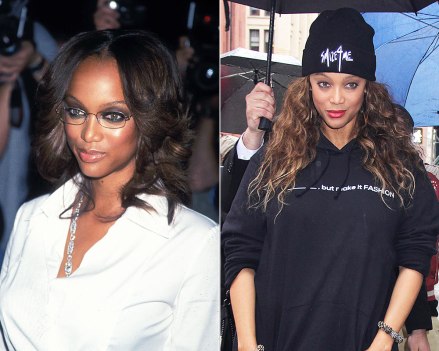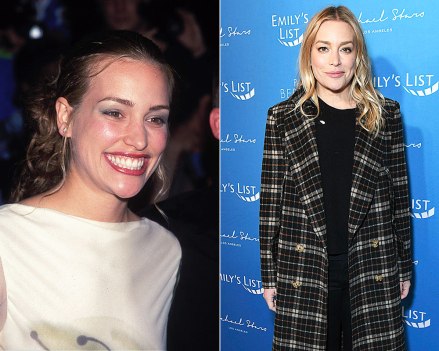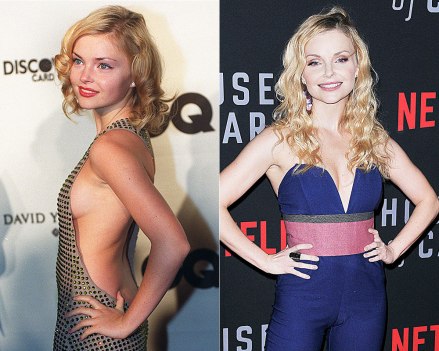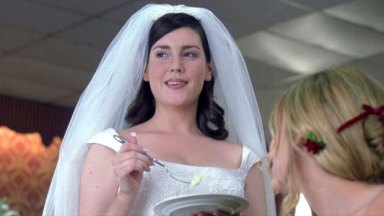
View gallery
Actress Melanie Lynskey revealed she was body shamed while filming the 2000 movie Coyote Ugly. The New Zealand star, 44, opened up about being under constant scrutiny over her weight and pressured to diet at the time in a new interview with The Hollywood Reporter. “It was ridiculous,” Melanie said. “I was already starving myself and as thin as I could possibly be for this body, and I was still a [size] four.”
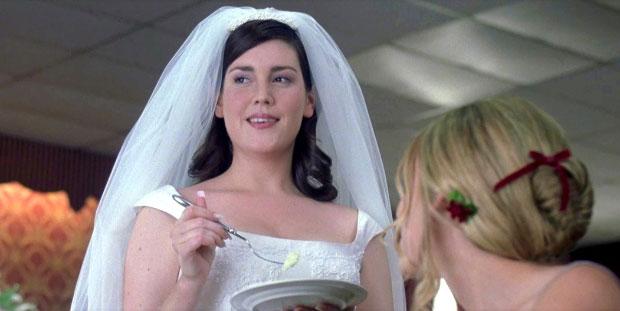
“There were already people putting a lot of Spanx on me in wardrobe fittings and being very disappointed when they saw me, the costume designer being like, ‘Nobody told me there would be girls like you,’” she continued. “Really intense feedback about my physicality, my body, people doing my makeup and being like, ‘I’m just going to help you out by giving you a bit more of a jawline and stuff.’ Just the feedback was constantly like, ‘You’re not beautiful. You’re not beautiful.’”
In the film, which also starred Piper Perabo, Tyra Banks and Maria Bello, Melanie played Gloria, the best friend of Piper, whom Melanie said also received her fair share of criticism over her body. “The scrutiny that was on Piper, who’s one of the coolest, smartest women… Just the way people were talking about her body, talking about her appearance, focusing on what she was eating.” She added that “all the girls had this regimen they had to go on.”
Even on her latest project — Showtime’s Yellowjackets, for which she was recently nominated for an Emmy — Melanie had to suffer a similar injustice behind the scenes, which she previously spoke out about to Rolling Stone. “They were asking me, ‘What do you plan to do? I’m sure the producers will get you a trainer. They’d love to help you with this,’” she explained.
“It was really important to me for [Shauna] to not ever comment on my body, to not have me putting a dress on and being like, ‘I wish I looked a bit better,’ ” she continued. “I did find it important that this character is just comfortable and sexual and not thinking or talking about it, because I want women to be able to watch it and be like, ‘Wow, she looks like me and nobody’s saying she’s the fat one.’ That representation is important.”
It was also important because Melanie has dealt with the effects of body shaming for much of her life. “I was very unwell for a long time,” she told People in 2016. “I had eating issues and at a certain point I was like, ‘I’m not going to survive’ — not like I was on death’s door or anything, but I was so unhappy and my hair was falling out.”
Eventually, Melanie learned how to survive. “I was like, ‘I just need to look the way I’m supposed to look’ and have faith that people are going to want to put someone in a film or on a show who looks like this,” she detailed. “I did have to truly become comfortable with myself, because you can’t fake it.”
If you or someone you know is battling an eating disorder, please contact the National Eating Disorders Association (NEDA) at 1-800-931-2237 or go to NationalEatingDisorders.org.



